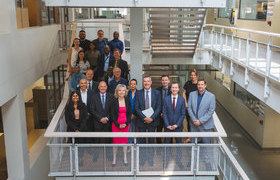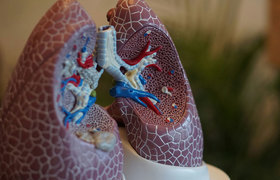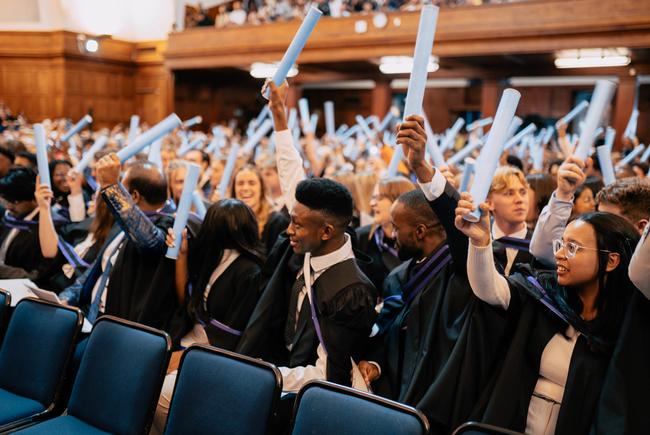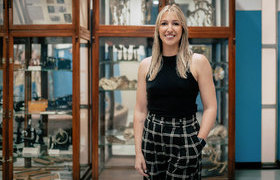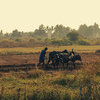Blockchain hackathon winners
16 February 2018 | Story Pete van der Woude. Photo Supplied. Read time 3 min.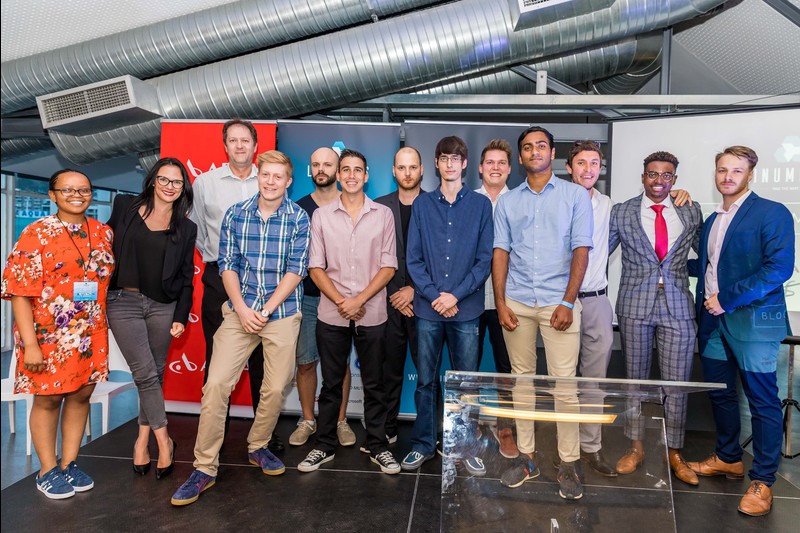
Blockchain technology isn’t just about trading cryptocurrencies – it can make everyday life better. The winners at Unlock the Block – the continent’s largest blockchain hackathon – proved this, delivering solutions that can facilitate cattle trading, improve governance in companies and more.
Unlock the Block was hosted by Linum Labs and the African Institute of Financial Markets and Risk Management (AIFMRM). Culminating in Cape Town’s first ever blockchain symposium, the 10-day event saw almost 80 participants from around the world attending.
The first five days were dedicated to a digital “boot camp”, during which participants were exposed to the blockchain tools needed to develop decentralised applications and protocols. At the end of the hackathon, participants were given three days to develop their own blockchain applications.
“The applications of blockchain technology in improving people’s lives in Africa are immense...”
The overall first prize was split between two teams: the first winning concept was Proof of Steak by team Yuna, which judge Co-Pierre Georg, associate professor at the AIFMRM, described as “a really awesome tech solution to a true African issue”.
The team, consisting of Kungela Mzuku (UCT), Kyle Roos (UCT) and Una Singo, built a system that allows farmers to use their cattle as collateral on a block-chain, enabling peer-to-peer lending.
The team described this as a “uniquely African” and “contextual approach” which would “allow anyone in the world to invest in your cow”. Farmers register their cattle on the blockchain, which functions as an immutable ledger, and investors provide funding to the farmer.
The other winning team was BlockPoll, who built a blockchain voting system to facilitate better governance in companies, as well as transparency and security in elections.
BlockPoll’s team, consisting of WhenMoon’s Brandon Kenley Verkerk, Christopher Maree, Iordan Tchaparov and Kavilan Nair, said that the design’s main advantages are that it’s decentralised, immutable, and easily auditable. Moreover, they added, it’s easy to use, secure, and open source.
A special prize was awarded to SudoTesla, an application designed to transfer water tokens via the Ethereum network to a smart meter. The tokens are allocated by the designated utility and users are compensated for water that they save.
According to Paul Kohlhaas, founder of Linum Labs, “The event has shown us two things, firstly that the applications of blockchain technology in improving people’s lives in Africa are immense and second, it is much easier to build those applications than many people think – we just need to work together.”
 This work is licensed under a Creative Commons Attribution-NoDerivatives 4.0 International License.
This work is licensed under a Creative Commons Attribution-NoDerivatives 4.0 International License.
Please view the republishing articles page for more information.
Research & innovation
